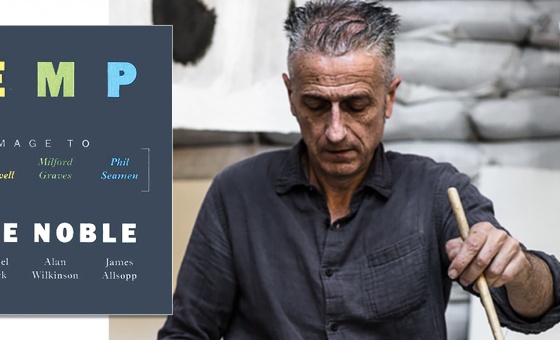This is the last article you can read this month
You can read more article this month
You can read more articles this month
Sorry your limit is up for this month
Reset on:
Please help support the Morning Star by subscribing here
January 25 1995. Crystal Palace v Manchester United. Eric Cantona, after being persistently fouled, lashes out in retaliation and is given a red card.
Nothing much very unusual in that. Minutes later though and any sense of normality is detonated, forever.
A foul-mouthed Palace supporter marches down to the touchline from his seat 11 rows back.
He lets fly, insulting everything he felt Cantona represented. Most of all his foreignness, being French, a continental unloved by this particular representative of the south London born’n’bred-brigade.
Cantona turns and unleashes quite possibly the most famous kung-fu kick in martial arts history.
To identify with Cantona rather than his National Front and BNP-supporting foul-mouthed verbal assailant was about taking sides.
Football, from the authorities and players to the media and the fans, then and now, would excuse almost anything said at a game as “banter.”
A collective refusal to bother with making any kind of distinction between a wind-up, anti-social behaviour, causing offence and criminal acts of racist abuse. Cantona knew the difference.
Philosophy Football had been going just a few months in January 1995, not a business yet selling T-shirts by the thousands, rather a few hundred via word of mouth networks of friends and fellow fans.
We chose the words of the world’s greatest philosophers on the beautiful game — Albert Camus, existentialist and goalie was our first — and put them on a tee, name and squad number on the back.
But in ’94, looking for a current player to champion that ability to speak to a world beyond touchline and terrace, there was only ever going to be one candidate.
Cantona’s musings were so quotable that they were anthologised in a short book La Philosophie de Cantona. That was until the copyright police heard of this inspired, but unauthorised, venture and forced the entire print run to be pulped.
But not before I’d got myself down to the cult, and much-missed, bookshop Sportspages on London’s Charing Cross Road and grabbed myself a pre-publication copy.
This was a player who not only embraced the meaning of teamwork and the passion fans demand, could find a route — never one route to goal — but knew also the difference between Rimbaud and Rambo.
Did the affection so many of us had, and still have, for Cantona and all he represented smack of snobbishness?
For some, almost certainly Yes, but the embracing of class as a key determinant in social outcomes should never be about excusing away the limits on human ambition that inequalities impose.
The former United striker refused to accept that the people’s game, absolutely framed by working-class culture despite the worst efforts of corporate power, should be limited in this way.
We loved him because he inspired us to dream of what football had the potential to become.
’95 was still the era of inflatable bananas in the stands, Half Man Half Biscuit and the Wedding Present on the cassette mixtape, the success of Fever Pitch followed by other fans’ stories published by the bucketload, some revealing a welcome feminine side to fan culture via their confessional writing style.
“Fantasy football” started off as a cult game to become first a radio then a TV show, with the broadsheets falling over backwards to carry a version on their pages too.
All of this suggested a rebellious fan culture that wholeheartedly rejected the corporatisation and sanitisation of what was once “the people’s game.”
The fanzine When Saturday Comes absolutely epitomised all of this. It survives — thrives — to this day.
They published an editorial following Cantona’s actions at Selhurst Park decrying the idea that what would follow would be player after player assaulting their abusers in the stands. “Cantona is a one-off, Matthew Simmonds (Cantona’s abuser), former BNP sympathiser, sadly isn’t. We know which we’d prefer to see in English football.”
Je Suis Cantona? Twenty years on, not the nothingness of Je Suis Charlie brandished by people who by and large have never read the magazine.
Standing shoulder-to-shoulder with some of the leaders of the world’s most repressive regimes, against an act of evil scarcely anyone in the entire world would endorse, what exactly are we supposed to be defending?
And when Je Suis Charlie comes to mean the Saudi Arabian government lining up in defence of free speech with Marine Le Pen beside them to oppose intolerance then there is precious little space left for satire’s cause.
Taking a side is about knowing what we are against as much as what you are for.
January 25 1995. United against racism.
You don’t have to be a Red to know that was a side worth joining — then, now, for ever.
Mark Perryman is the co-founder of www.philosophyfootball.com, where you can buy the Je Suis Cantona T-shirts.








